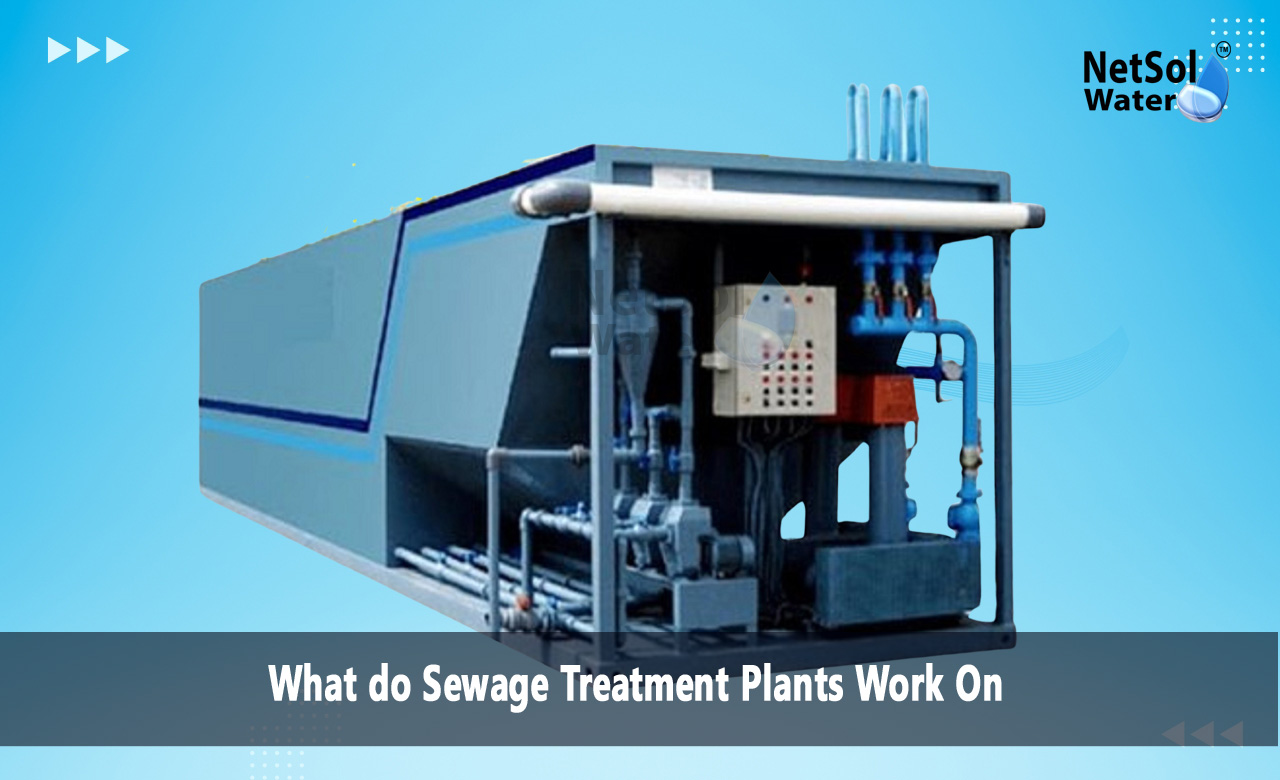Sewage treatment plant is an essential component of the current municipal systems that is responsible for both collection and treatment of sewage coming from home, business premises and other users. With regards to conservation it assists in protecting environment, maintaining public health and conserving water. You will get to know what is sewage treatment plant used for, its functions and various advantages it possesses.
What do Sewage Treatment Plants work on?
A sewage treatment plant is a building which is designed for the purification of sewage before its discharge on the environment. Due to its high ability to treat all kinds of wastewaters, remove toxic pollutants and make water safe for consumption or disposal, it has a great significance in domestic and Industrial water treatment. Let's discuss its major functions:
1. Wastewater Treatment
An application of sewage treatment plant is the purification of wastewater is the most significant aim of a sewage treatment plant. It also filters out the water that comes from house, commercial putting in, and industrial areas by clearing all the substances in the water to include earth, litter, poison, bacteria, and many other bad influences.
2. Protecting Public Health
Sewage treatment plants help to avoid getting genders that maybe caused by waterborne. It has a role in the elimination of pathogenic bacteria and other undesirable particles within water. Failure to treat sewage results in severe social ills, which include diseases, infections, and outbreaks of gastrological diseases, and pollutes water sources.
3. Environmental Protection
Activated sludge aeration calls for the treated water to be safe for discharge into sewers, rivers, lakes or any containing water. It helps stop raw sewage from polluting natural water systems which are likely to have negative effects on any water life and ecosystem.
4. Water Reuse
Most of these sewage treatment plants have today incorporated sophisticated systems to allow water discharged from the treatment to be used for watering crops, manufacturing, or even to augment water sources. This fosters sound water utilisation as well as conservation.
5. Waste Management
The plant also deals with solid waste and sludge produced during the treatment process, which is disposed of safely or converted into useful by-products, such as compost or biogas, thereby minimizing waste pollution
Why is a Sewage Treatment Plant Important?
A sewage treatment plant is very necessary in modern urban regions for a few reasons.
· Rapid growth and population in an urban setting require more individuals, which increases wastewater generation; a sewage treatment plant is essential for the management of this high volume.
· Preventing water pollution: In the absence of treatment, raw sewage causes environmental degradation of rivers, lakes, and other bodies of water with its long-term detrimental effects on the ecosystem.
· Compliance with Environmental Standards: The governments have made strict rules regarding the wastewater management so that the industries, municipalities, and even households are strictly instructed to follow environmental protection norms. Cities comply with all such requirements by STPs.
· Sustainable Water Management: Due to the global crisis of water scarcity, sewage treatment plants recycle wastewater that leads to sustainable water usage and conservation.
Advantages of Sewage Treatment Plant
There are several important advantages of using a sewage treatment plant:
· Public health protection: Water-borne diseases can be curbed through sewage treatment, thereby releasing water safely into the environment that is also suitable for drinking or consumption by animals.
· Helps in saving water: Treated sewage water is utilized in different places like irrigation and for industrial use. It helps to recharge ground water also.
· Sustainable development support: STPs support cities to fulfill environmental legislations. Cities and urban communities follow responsible growth that ensures healthy, safe and healthy environment.
· Waste Management: STPs conserve and treat solid wastes by turning them into useful products such as biogas or composting, hence reducing the amount of waste that reaches the landfills.
Conclusion
The analysis provided suggests that STP is an important component of a contemporary municipal complex. This mostly benefits in preserving public health, the environment, and the rational use of water resources. Lack of STPs means that the raw sewage would pollute natural water bodies resulting in severe health risks with adverse impacts on the environment. As the cities expand and the issues with the lack of water resources become critical, it is crucial to have well-run sewage treatment facilities. Recycling and innovation using advanced sewage treatment technology is very paramount for a clean and healthy city for living.
The implementation of the use of sewage treatment plant facilitates in the treatment of sewage hence conserving the lives of persons and natural systems.
Do you need an advice or assistance on selecting the best water and waste water treatment unit? We have solutions for all your problems!
Let us know your problem, our experts will make sure that it goes away.
For an assistance or related query,
Call on +91-965-060-8473 Or write us at enquiry@netsolwater.com



